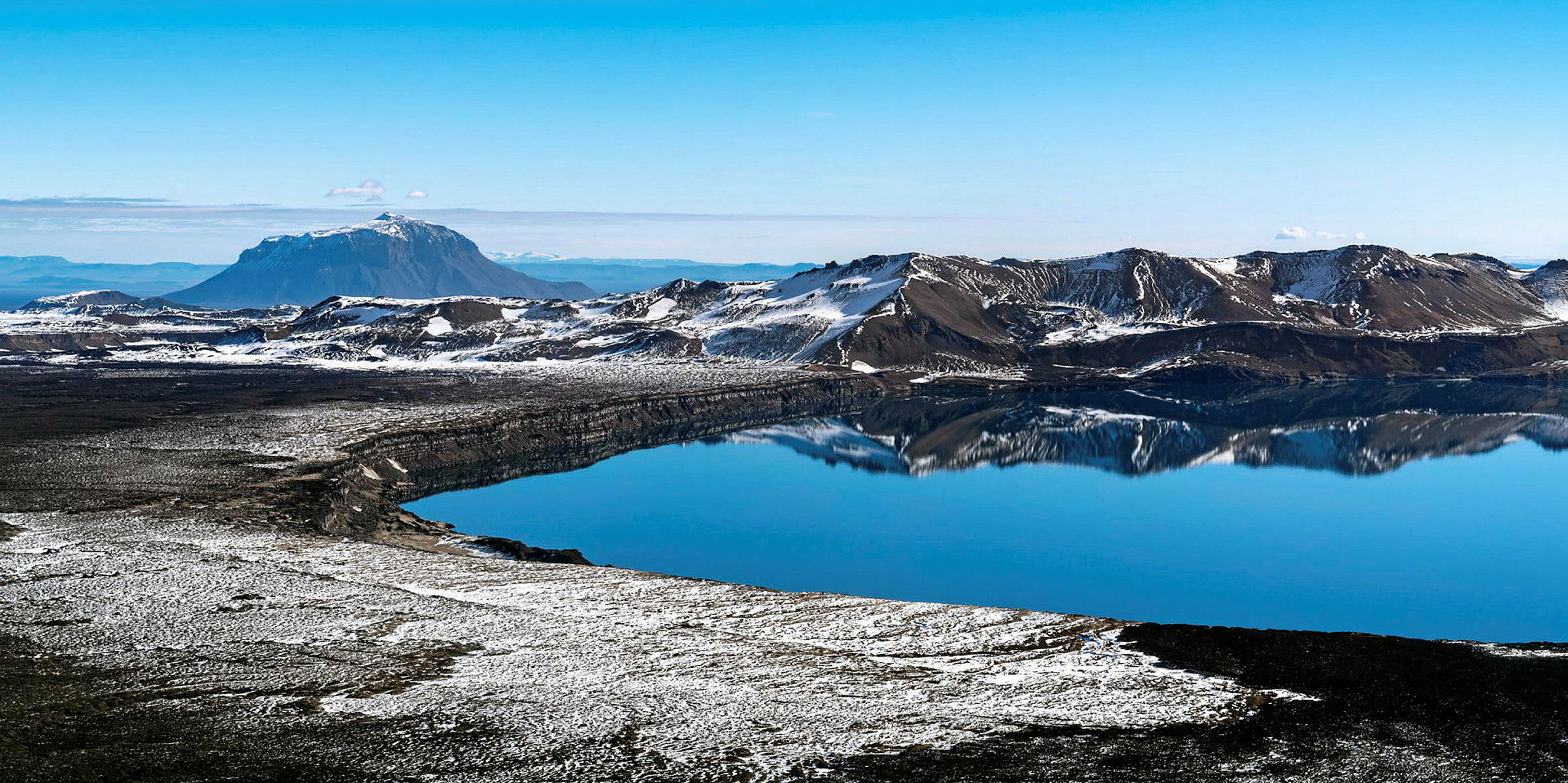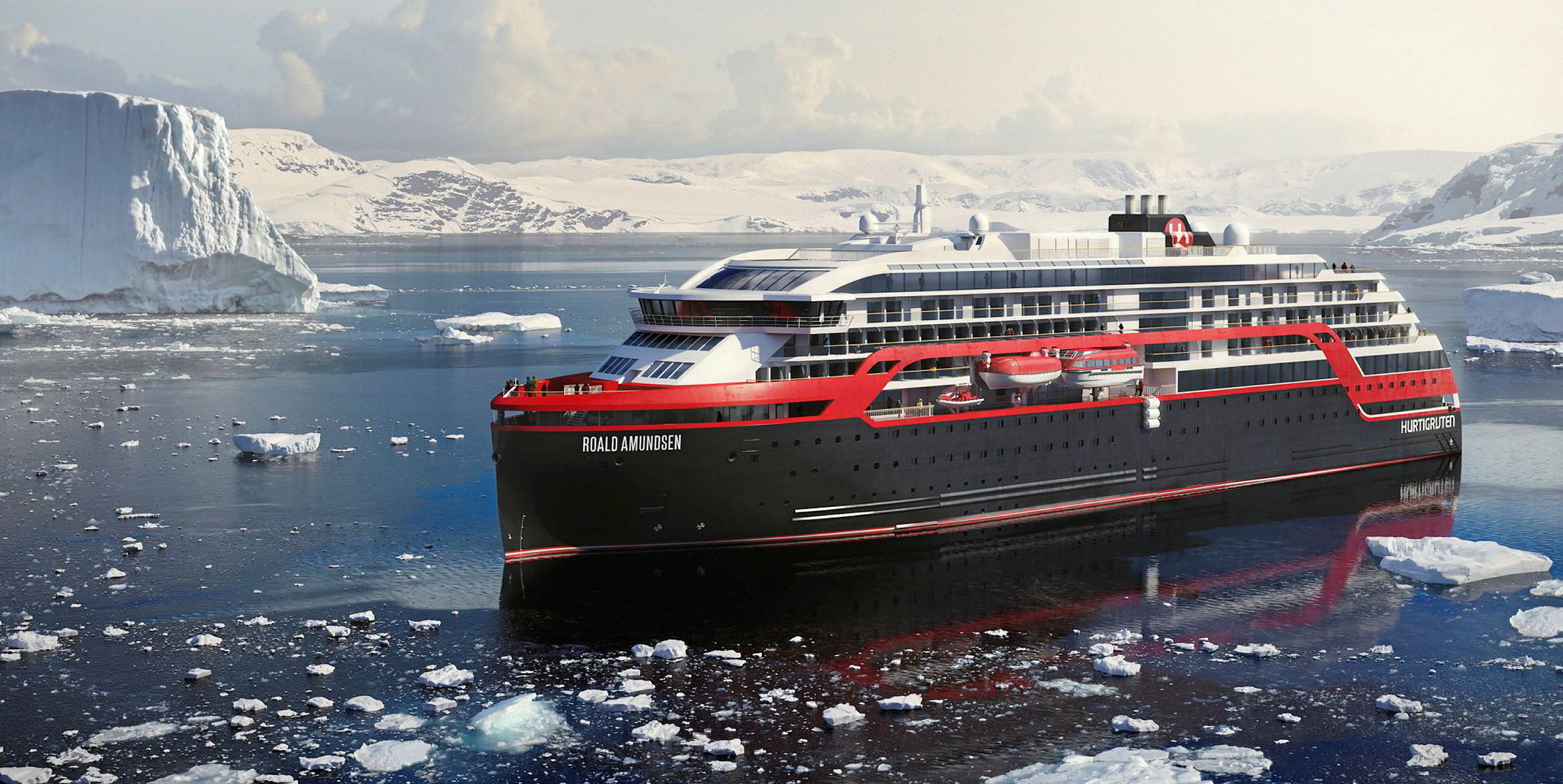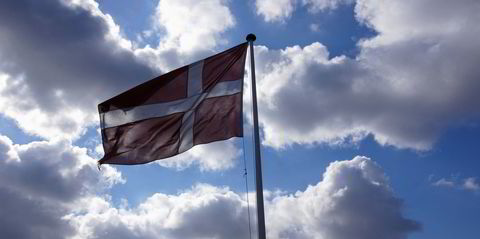Iceland will lower the sulphur cap for marine fuel from 3.5% to 0.1% in territorial waters from 1 January as part of the Nordic island nation’s efforts to write IMO 2020 into local laws.
According to the government's website, the new regulation from the Ministry of the Environment and Natural Resources “effectively bans the use of heavy fuel oil in the territorial sea of Iceland”.
The new rule imposes a lower cap than the looming IMO 2020 regulations.
“The regulation is intended to promote improved air quality in harbours and coastal areas and conforms with the government’s coalition agreement and climate action plan,” a government statement said.
Outside of the territorial waters but within the Icelandic Pollution Prevention Zone, which stretches to 370 km (300 miles) from the coastline, the government will lower the permissible sulphur content of marine fuel to 0.5%.
Based on the IMO 2020 rules, vessels will need to switch from 3.5%-sulphur bunkers to fuel with sulphur content up to 0.5% from January, unless they can consume gas or are installed with scrubbers.
The government statement said: “Vessels can, however, continue to burn heavy fuel oil if they use approved emission abatement methods to reduce the release of sulphur dioxide, which prevents most sulphur emissions into the atmosphere along with soot pollution.”






